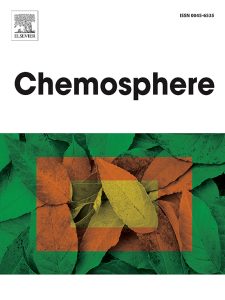Researchers who said they discovered a new disease akin to rheumatoid arthritis, but caused by pollution, are standing by their claim despite the retraction of their paper last month.
The article, “Middle east pain syndrome is a pollution-induced new disease mimicking rheumatoid arthritis,” appeared in the Springer Nature journal Scientific Reports in November 2021. The paper has been cited once, according to Clarivate’s Web of Science, and received limited press coverage.
According to the retraction notice, “post-publication peer review by an expert has confirmed the validity” of multiple concerns raised about the study. The paper did not present data to support its claims about the presumed cause for the syndrome, didn’t “conclusively” prove that MEPS is a new disease, and the bone erosions the study claimed were a hallmark of the disease weren’t backed by scans, the notice stated. Also, a figure of the paper featured a radiograph of a patient that wasn’t part of the study.
Continue reading Paper claiming to discover new pain syndrome retracted









